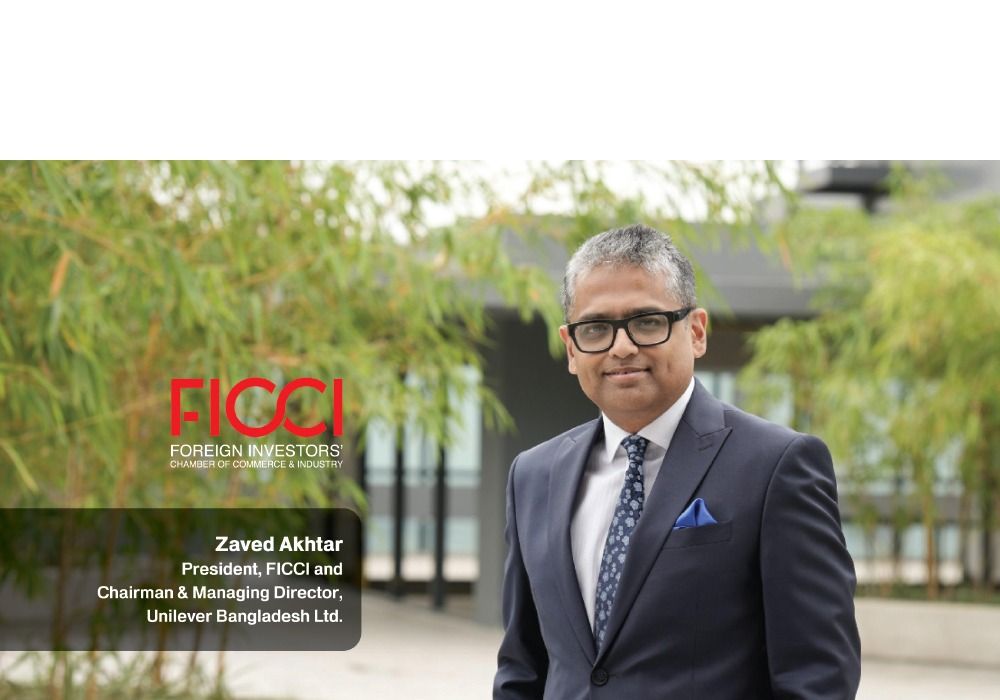- info@ficci.org.bd
- |
- +880248814801, +880248814802
- Contact Us
- |
- Become a Member
- |
- |
- |
- |
- |

Dear Members, Colleagues, and Stakeholders.
It is my pleasure to present the September 2025 edition of our monthly bulletin, themed READINESS FOR 2030: BANGLADESH'S PATHWAY TO SUSTAINABLE DEVELOPMENT.
Bangladesh has made impressive progress toward the United Nations Sustainable Development Goals (SDGs). The SDG Index score rose from 44.4 in 2018 to 65.9 in 2023, reflecting steady advances in both social and economic development. Poverty reduction has been a remarkable achievement the national poverty rate declined from 24.3 percent in 2018 to about 18.7 percent in 2022, while extreme poverty fell from 12.9 percent to 5.6 percent. These gains show that inclusive growth is no longer just an aspiration, it is becoming a reality. Social indicators tell a similar story of resilience. Under-five mortality dropped from 125 per 1,000 live births in 1995 to just 28 in 2020, while maternal mortality decreased from 447 to around 183 per 100,000 live births. Education outcomes are equally encouraging, with primary enrolment now exceeding 97 percent and gender parity achieved at both primary and secondary levels, an achievement few countries in our region can claim. Yet, we cannot overlook the challenges that lie ahead. Income inequality has widened, with the Gini coefficient increasing from 0.482 in 2016 to 0.499 in 2022. Healthcare access remains uneven, especially in rural communities, and the doctor-to-population ratio still lags behind international benchmarks. Climate resilience and environmental sustainability also require urgent attention, as progress on climate action, sustainable cities, and biodiversity remains uneven and often hampered by resource constraints.
Looking forward, industry, innovation, and infrastructure will be critical in addressing these gaps and keeping Bangladesh on track for 2030. The private sector, working hand in hand with government and development partners, has an essential role to play. Foreign investors can contribute not only capital but also expertise, technology, and global best practices to accelerate sustainable and inclusive growth.
This edition brings together expert analyses, diverse perspectives, and practical insights on how different sectors are driving progress and addressing these gaps, along with stories from member companies that showcase their contributions across industries. I extend my heartfelt thanks to all contributors, sponsors, and the FICCI Secretariat for their dedicated efforts in publishing this bulletin.
Let us continue to work together toward achieving the Sustainable Development Goals. Thank you for your unwavering support and commitment to FICCL
Warm regards,
Zaved Akhtar
President, FICCI





